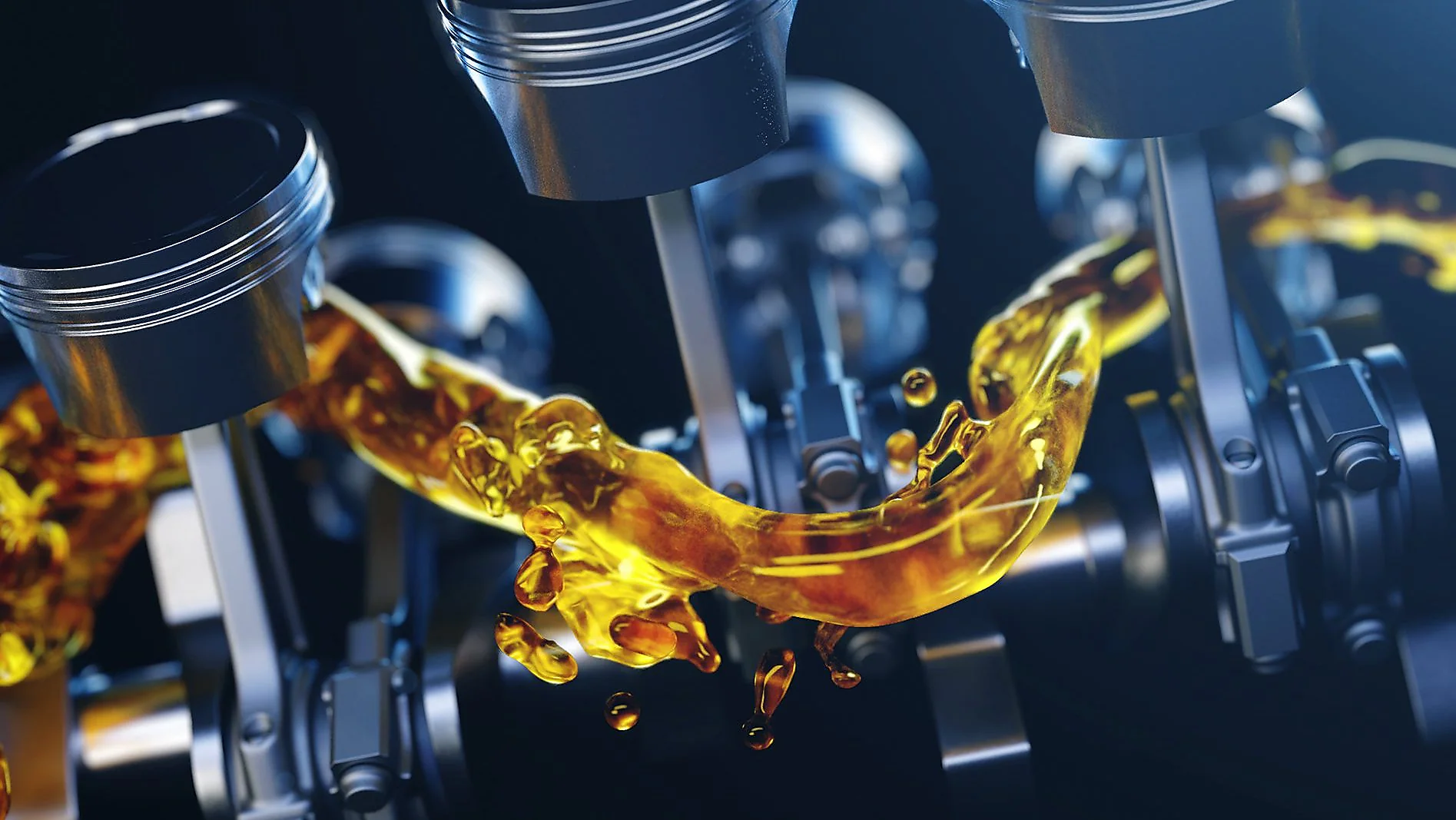Introduction
Industrial operations demand precision, efficiency, and reliability. High-performance lubricant additives are vital to meeting these expectations. By enhancing lubricant properties, these additives improve machine performance, reduce wear, and extend operational lifespans.
1. Enhanced Machine Protection
a. Wear and Friction Reduction
High-performance additives form protective layers on metal surfaces, reducing wear and friction. This prolongs equipment life and prevents costly breakdowns.
b. Corrosion and Oxidation Prevention
Specialized additives protect components from rust and oxidation. These properties ensure that machines remain efficient even in challenging environments.
c. Thermal Stability
High-quality additives maintain their properties under extreme temperatures. This feature prevents lubricant degradation and ensures consistent performance.
2. Improved Operational Efficiency
a. Energy Savings
By minimizing friction, high-performance additives reduce energy consumption. This results in lower operating costs and improved energy efficiency.
b. Extended Oil Change Intervals
Additives enhance the durability of lubricants, extending the time between oil changes. This reduces maintenance costs and machine downtime.
c. Enhanced Load-Carrying Capacity
Additives improve lubricants’ ability to handle high loads. This feature is critical in industries like mining and heavy machinery.
3. Boosting Environmental Sustainability
a. Eco-Friendly Formulations
Many high-performance additives are designed to meet environmental standards. They reduce harmful emissions and support sustainable operations.
b. Biodegradable Options
Some advanced additives break down naturally, minimizing their environmental impact. These options are ideal for sensitive industries.
c. Reduced Waste Generation
Longer-lasting lubricants generate less waste, supporting eco-conscious industrial practices.
4. Versatility Across Industries
a. Applications in Heavy Machinery
Industries like construction and mining rely on additives to enhance durability. Additives improve performance even under extreme loads and conditions.
b. Role in Automotive Manufacturing
In the automotive sector, additives ensure optimal engine performance and fuel efficiency. Their use is critical in maintaining vehicle reliability.
c. Support for Precision Engineering
Precision industries benefit from additives that enhance machine accuracy. This is essential in sectors like aerospace and electronics.
5. Supporting Cost Efficiency
a. Lower Maintenance Costs
High-performance additives reduce the need for frequent repairs. This translates into significant cost savings for industrial operators.
b. Improved Equipment Longevity
Additives extend the lifespan of machinery, maximizing return on investment. Businesses can operate with fewer replacements and interruptions.
c. Enhanced Productivity
Reliable equipment results in higher productivity. Additives help companies meet production goals without delays.
Conclusion
High-performance lubricant additives are indispensable in industrial applications. They enhance efficiency, ensure machine reliability, and promote sustainability. By incorporating these advanced solutions, industries can achieve cost-effective and environmentally conscious operations. Investing in high-performance additives is a step toward optimized industrial performance.

